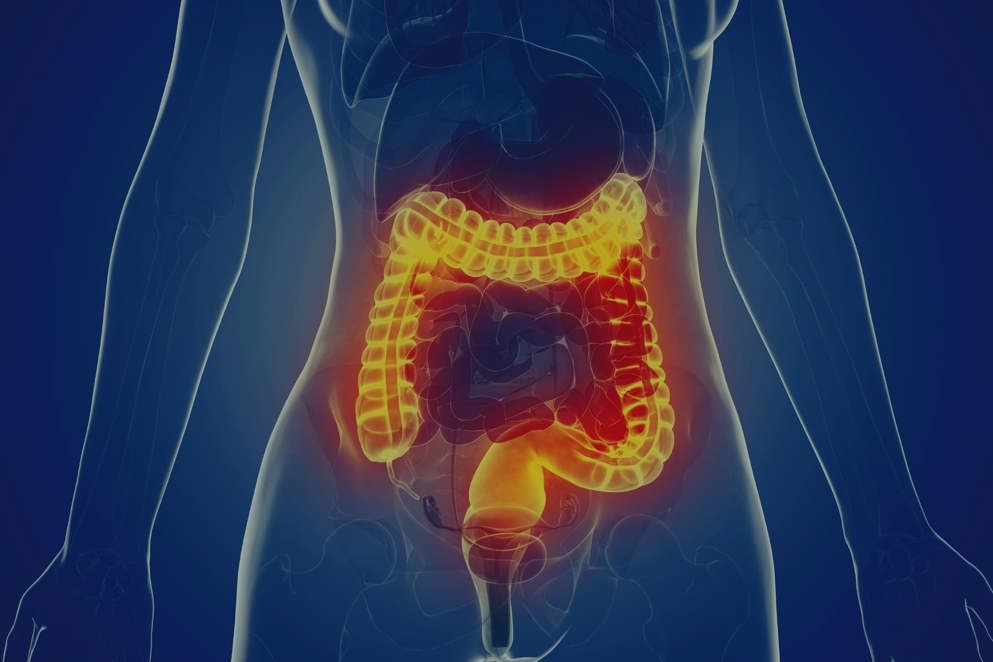CONFIDE study reveals underappreciation of bowel urgency as a symptom of ulcerative colitis and highlights communication gap between healthcare providers and patients.- Eli Lilly
In this study, only one in four healthcare providers perceived bowel urgency as one of the top three most reported symptoms by their patients.
The CONFIDE Study examines the experience of those living with moderately-to-severely active UC and Crohn's disease and aims to advance the understanding of the burden, barriers and care experience of individuals with inflammatory bowel disease (IBD) and how they communicate with their healthcare providers. These U.S.-specific data were collected from a cross-sectional survey of healthcare professionals and adults with moderately-to-severely active UC and Crohn's disease in the U.S., Europe and Japan.
"Bowel urgency is a disruptive, often underreported symptom of ulcerative colitis and can be embarrassing and difficult for many people to talk about," said David T. Rubin, M.D., professor of medicine, chief, Section of Gastroenterology, Hepatology and Nutrition, University of Chicago Medicine and scientific advisor to the CONFIDE Study. "It is essential for those who care for people with inflammatory bowel disease to create an environment where they can have an open and trusting conversation about bowel urgency, especially considering this symptom is significantly associated with many patients' perceived disease severity."
In the CONFIDE Study, respondents living with moderately-to-severely active UC were asked which symptoms they experienced in the last month, as well as symptoms they had ever experienced, respectively. Diarrhea (experienced over the last month: 62.5%; have ever experienced: 74.0%), bowel urgency (experienced over the last month: 47.0%; have ever experienced: 61.5%) and increased stool frequency (experienced over the last month: 38.5%; have ever experienced: 57.5%) were reported as the top three symptoms suffered among respondents.When asked to rank the top three symptoms they felt were most reported by their patients, three out of four healthcare providers (76.0%) did not identify bowel urgency, noting instead that the top three symptoms reported to them included diarrhea (73.5%), blood in stool (69.0%) and increased stool frequency (37.5%).
Of the respondents living with moderately-to-severely active UC who experienced bowel urgency, only two out of five (38.2%) felt completely comfortable reporting bowel urgency to their healthcare provider. For those who were not comfortable discussing bowel urgency with their healthcare provider, more than 60 percent reported that the top reason for not doing so was they were embarrassed to talk about it.
"The first findings from the CONFIDE Study shed light on an important conversation that may not be happening between healthcare providers and people living with ulcerative colitis. Many patients still feel embarrassed or struggle to explain symptoms like bowel urgency, a common experience that can take a toll on a person's day-to-day life," said Melodie Narain-Blackwell, founder, Color of Crohn's and Chronic Illness.
Notably, when respondents with moderately-to-severely active UC were asked about their perceived disease severity, bowel urgency was significantly associated with those who considered their disease activity to be severe (62.9%) when compared with those that reported mild-to-moderately active disease (42.9%). Among the overall patient population surveyed, three-quarters (76.5%) of people were receiving advanced therapies (biologic or novel oral therapy), however; bowel urgency was still being currently experienced by almost one-half (46.4%) of respondents.
"One of the most important aspects of accurate diagnosis and treatment is to ensure that patients feel completely comfortable talking about their symptoms with their provider," said Cem Kayhan, M.D., gastroenterology indications medical leader at Lilly. "These initial results from the CONFIDE Study help advance our understanding of the real-world experience of those living with and treating moderately-to-severely active ulcerative colitis, including those who are receiving advanced therapies and still experiencing bowel urgency. We look forward to sharing additional insights from the CONFIDE Study in the near future."

